How to Cancel a Job Interview
| September 2, 2025
How to Cancel a Job Interview
Every day we work closely with candidates as they move through the hiring process. We take the time to understand their needs and motivations, prepare them with interview tips and insights, and ensure they feel confident about both the role and the company. That’s why it’s always disappointing when a client calls to let me know a candidate simply didn’t turn up to an interview without notice.
As recruiters, we understand that life doesn’t always go as planned. Illness, emergencies, or even second thoughts about a role can happen. What matters most is how you handle the situation—and that comes down to communication. Not showing up without saying anything can harm your reputation and limit future opportunities.
A good rule of thumb is to contact the interviewer or your recruiter at least 24 hours before your scheduled interview. This gives the company time to adjust and shows respect for their time.
What if you have to cancel?
If you need to cancel an interview, don’t panic. Employers and recruiters appreciate honesty and transparency. A simple message is enough—there’s no need to over-explain. For example, you might say:
- “I’m unwell and unable to attend.”
- “I’ve received another job offer.”
- “After consideration, I don’t think this role is the right fit and I don’t want to waste anyone’s time.”
If you’re canceling more than 24 hours in advance, an email is fine. If it’s the same day, a phone call or text is better to ensure the message is received quickly.
Why this matters
Choosing not to communicate may feel like the easy option, but it can seriously damage your reputation. Industries are often smaller than they seem, and employers do remember candidates who don’t turn up. I often see candidates reapply for roles months later, only to be remembered as “the one who never showed.” That can close doors unnecessarily.
Final Thought
Canceling an interview isn’t the end of the world. In fact, being upfront shows professionalism and respect for others’ time. It also keeps doors open for future opportunities that may be a better fit.
When in doubt, remember: transparency is key.

















